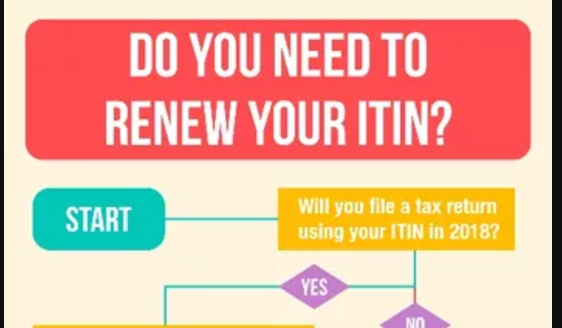This Week in Immigration Reform — Week Ending February 12
Week Ending February 12
This week in immigration: NCLR Action Fund questions “program integrity” provisions in recent legislation; NCLR rolls out new resources for tax filers; new initiatives encourage citizens to register to vote and eligible permanent residents to become citizens; and immigration leaders team up to highlight American citizens who will be impacted by the upcoming Supreme Court decision.
Keep up with the latest from UnidosUS
Sign up for the weekly UnidosUS Action Network newsletter delivered every Thursday.
NCLR kept the community informed with staff quoted in KCRW, Fox News Latino, Telemundo, CNET, StreamDaily TV, NBC News, Mashable, KSNV, and VideoInk.
Recent Congressional decisions leave many wondering if ‘program integrity’ really means ‘anti-immigrant’: When it comes to programs such as the Earned Income Tax Credit and subsidized school lunches, some have begun to ask whether “program integrity” is simply a more palatable way of saying “anti-immigrant.” The recently-passed $680 billion tax package contains a “program integrity” provision, which imposes additional requirements for some immigrants who pay their taxes with an Individual Taxpayer Identification Number (ITIN). Similarly, a bipartisan child nutrition reauthorization bill will increase verification requirements in the name of combatting “waste, fraud, and abuse.” These increased requirements and other changes are expected to adversely affect children with immigrant parents. An NCLR Action Fund blog post explores this disparity, calling on lawmakers to “resist the urge to further restrict immigrant eligibility for programs under the guise of ‘reducing improper payments’ and ‘program integrity.’”
NCLR distributes information for tax filers: Last year Congress passed legislation that made changes to certain tax credits and also created new “revalidation” requirements for some ITIN filers. At this time, little information is available about the revalidation process, but we know that if taxpayers do not revalidate their ITIN by the specified deadline, their taxes will be rejected and they could lose eligibility for the Child Tax Credit in that tax year. NCLR has created an infographic with the deadlines for revalidating ITINs as well as a blog explain what we know so far and a factsheet in English and Spanish. For more information, please contact Victoria Benner at [email protected].
Voter registration: Now, there’s an app for that: Thanks to a partnership between NCLR and the digital media company mitú, voter registration is now available with a few taps on a smartphone. Latinos Vote (available for Android, iOS, and the web) provides voting requirements for a user’s home state and NCLR and mitú will engage with the user throughout the process, ensuring that as many potential voters as possible register to cast ballots in the upcoming elections. The partnership also highlights #WeAreAMERICA, a nonpartisan election initiative of mitú which seeks to engage and activate Latino youth across the country.
Eligible permanent residents who meet the requirements to become U.S. citizens, can receive information from a new initiative powered by the New Americans Campaign. The campaign, aptly named Citizenship 1-2-3, utilizes online tools, legal service providers, a texting platform, and a telephone hotline to provide support to those looking to begin the naturalization process.
Huffington Post op-ed calls for Supreme Court ruling to “stop the intimidation of American citizens”: Much has been written on the upcoming Supreme Court decision’s impact on the estimated 5 million immigrants who qualify for the President’s administrative relief programs. This week, a new Huffington Post op-ed looks at another group affected by the upcoming ruling: the 6.3 million Americans who are the spouses and children of undocumented immigrants. The vast majority – 5.3 million – of these Americans are children who know nothing besides what it means to be an American. “We are at a crossroads,” write authors Frank Sharry and Kica Matos. “We can take the path of demagoguery and hate, of marginalization and oppression. We can be one nation with two separate systems that creates a population of second-class citizens… Or we can be a country that affirms our values of love and family, equality and opportunity.”
To read about the steps that NCLR and its Affiliates and partners are doing to prepare for the implementation of administrative relief, check out our new blog post about the Ready America conference!



